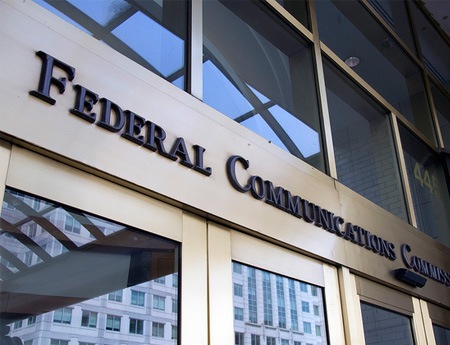Stage Three of Spectrum Reverse Auction Begins

The smarter way to stay on top of broadcasting and cable industry. Sign up below
You are now subscribed
Your newsletter sign-up was successful
The FCC is taking a third crack at the reverse auction.
Bidding began at 10 a.m. Nov. 1 in stage three of the auction and was expected to go three or four weeks given that the FCC was starting again at the top because at least one station frozen at the initial asking price in the first round is now "unfrozen"—the FCC no longer "has" to have that particular station to make a repack work now that it has lowered its spectrum clearing target.
That target is 108 MHz, down from 114 MHz in the previous stage.
The other rounds went four weeks, but the FCC is picking up the pace a bit. It is starting with one round (10 a.m. to 2 p.m.) Tuesday, then to two rounds (10 a.m.-12 p.m. and 3-5 p.m.) on Wednesday. But it is moving more swiftly to three rounds this time around, starting only three business days later on Nov. 7 (10-11 a.m., 1-2 p.m., and 4-5 p.m.).
In stage two of the auction, broadcasters' payout was about $56 billion, a big drop from their initial $86 billion price tag for 126 MHz in stage one. But forward auction bidders have so far only offered about $22 billion.
The key will be how much the broadcasters' price drops in stage three and more importantly whether eligible forward auction bidders—including wireless companies and Comcast/NBCU—come up from the $22 billion, given they have been stuck on that price for the first two stages.
At the current pace, the auction probably won't end, at the earliest, before late December. That is because even if the third stage was the charm, the reverse only took three weeks, and the forward only a few days to cover broadcasters' price, there could still be more rounds of the forward if bidding continued, then another couple of weeks of bidding in a separate forward auction as successful bidders competed for specific frequencies—they have been bidding for generic blocks.
The smarter way to stay on top of broadcasting and cable industry. Sign up below
Contributing editor John Eggerton has been an editor and/or writer on media regulation, legislation and policy for over four decades, including covering the FCC, FTC, Congress, the major media trade associations, and the federal courts. In addition to Multichannel News and Broadcasting + Cable, his work has appeared in Radio World, TV Technology, TV Fax, This Week in Consumer Electronics, Variety and the Encyclopedia Britannica.

